The 2019 EP Elections across Europe
-
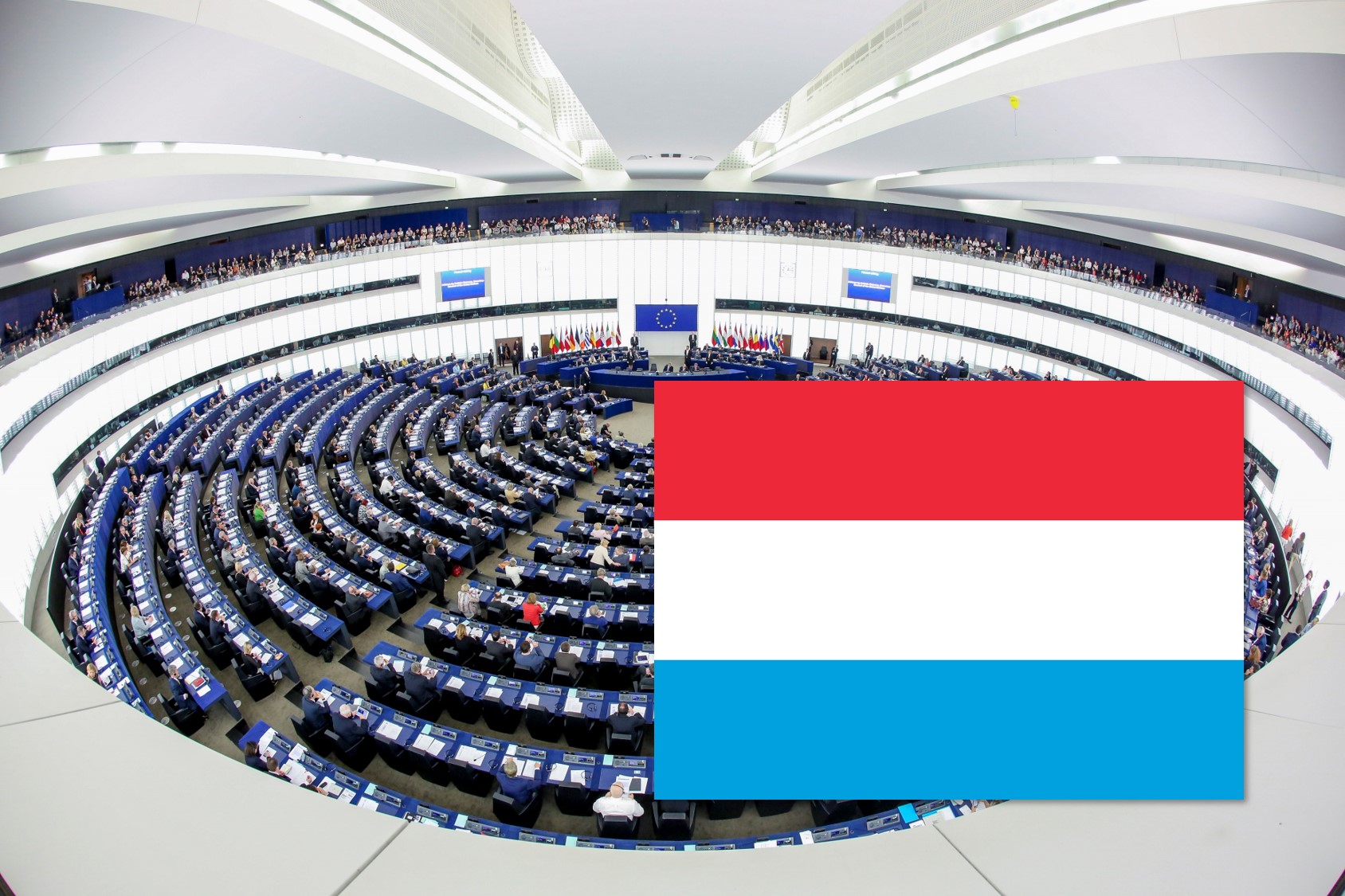
Luxembourg: The Permanent Downfall of Luxembourg’s Dominant Party?
The context The 2019 European elections were held only a few…
-
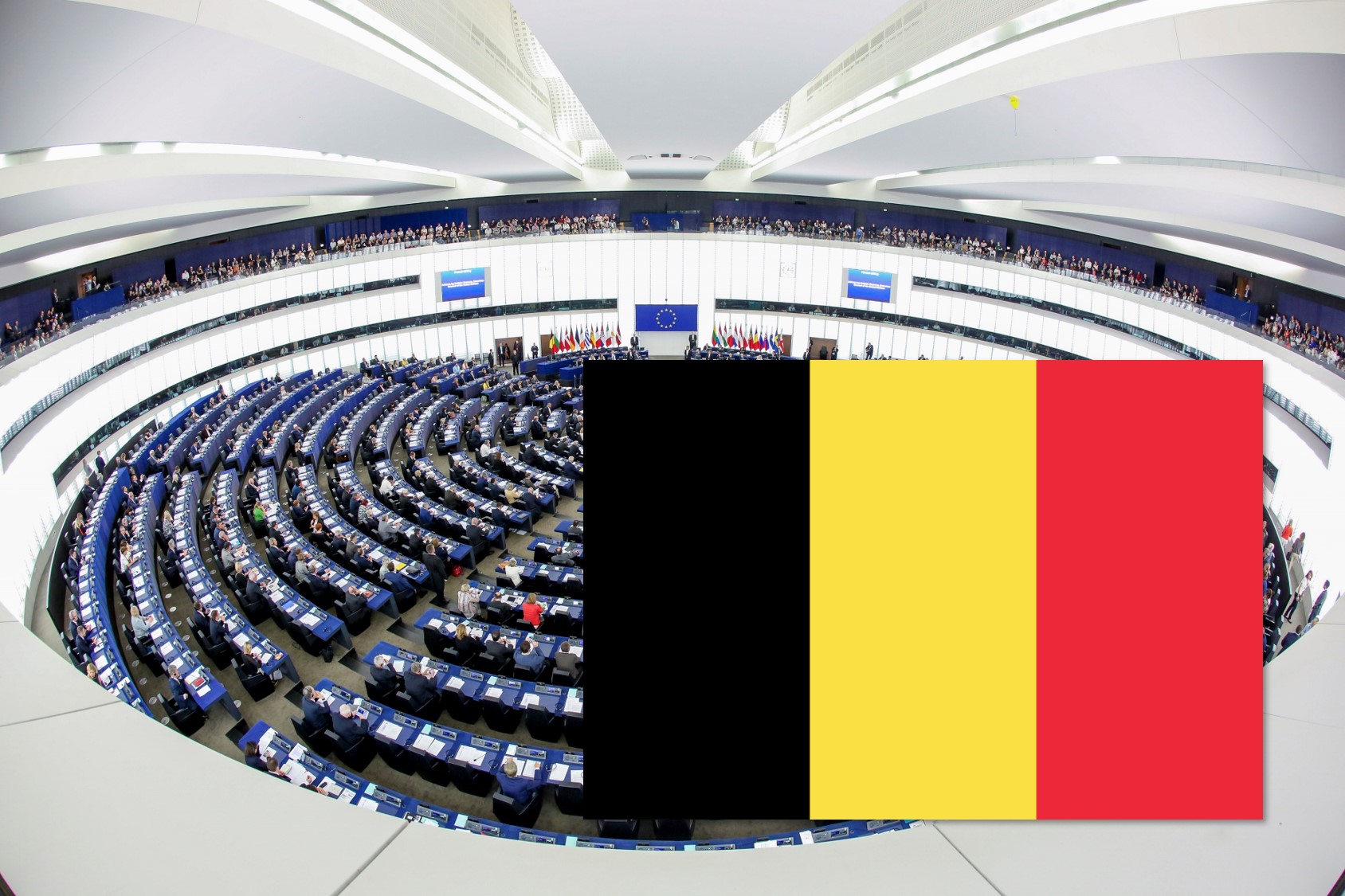
Belgium: Least Salient but Very European Election
Like five years ago, the Belgian elections to the European…
-

Hungary: A Paradoxical Episode under Electoral Authoritarianism
26 May 2019 saw an election paradox in Hungary: a long-serving…
-
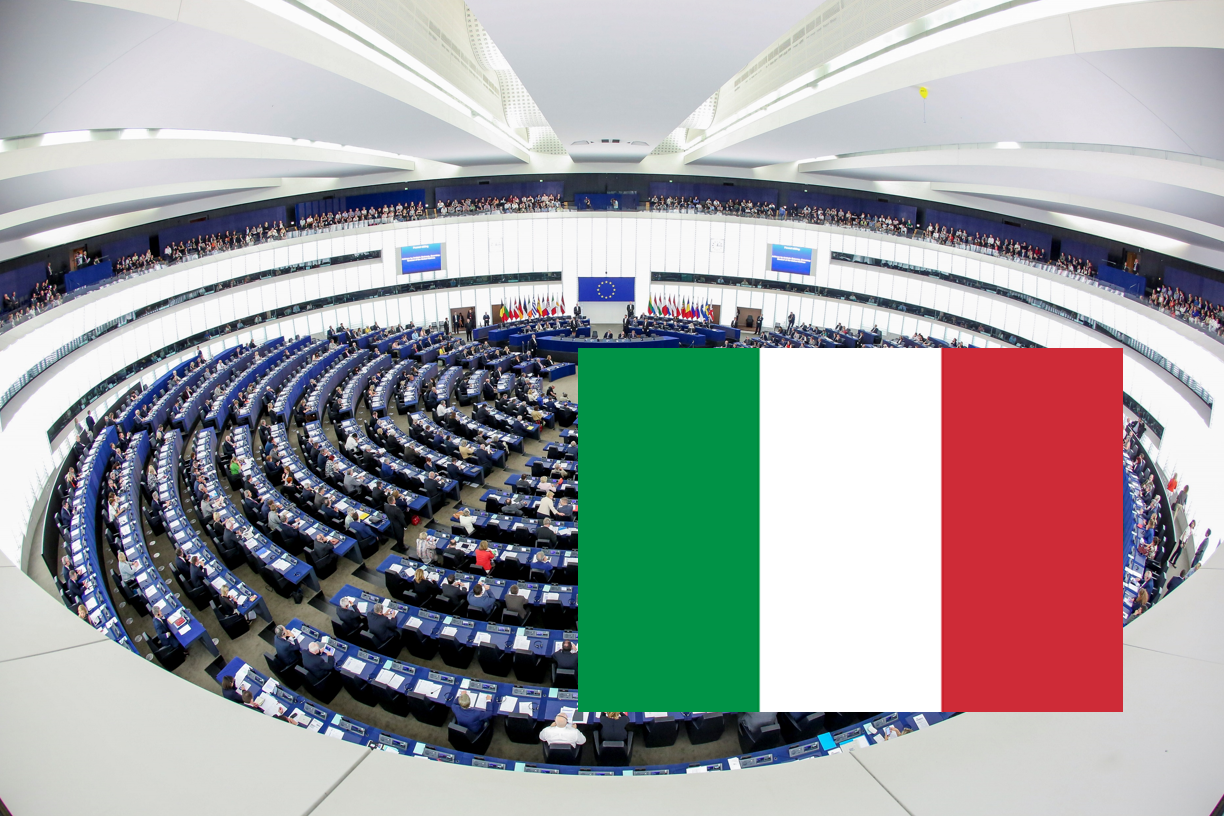
Italy: Complete overturn among government partners – the League doubles, the M5S is halved
Italy was among the countries going to the polls on Sunday,…
-
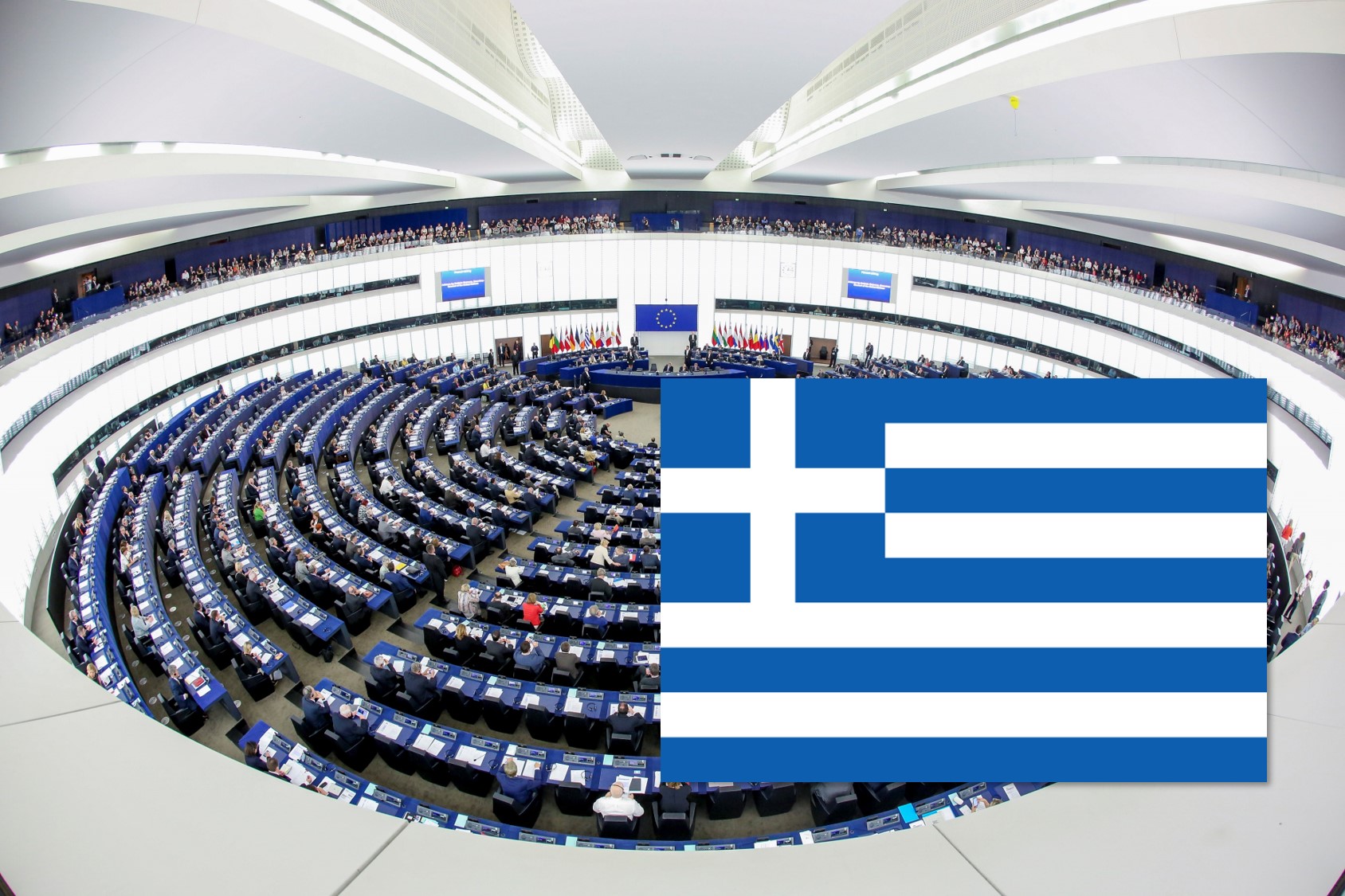
Greece: A Story of Punishment of Government and Party System Stabilization
The European Parliament elections of 2019 in Greece took place…
-
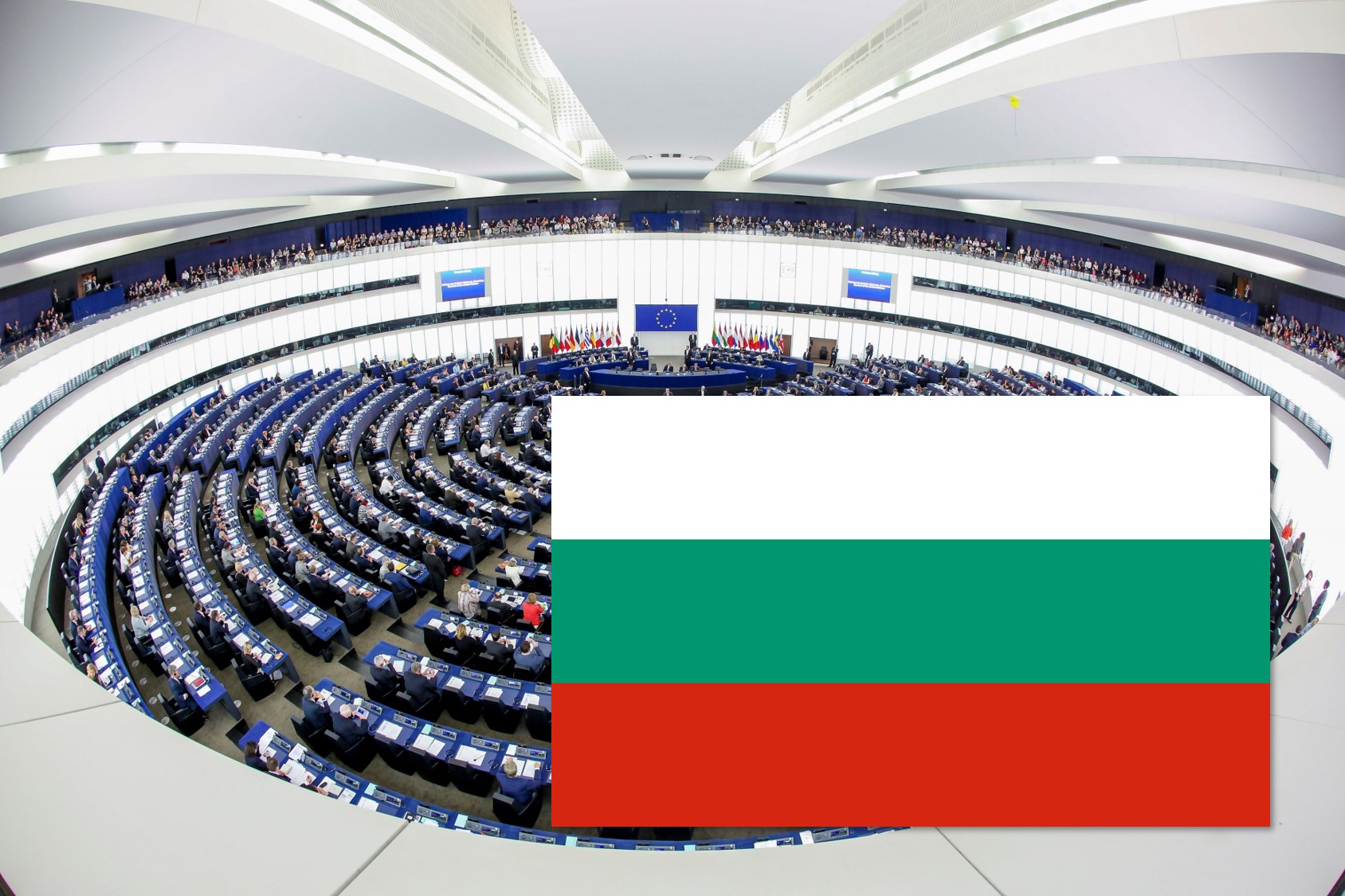
Bulgaria: Neither a Protest, nor a European Vote
Over six million voters were eligible to select 17 members of…
-

Croatia: Towards Further Fragmentation of the Party System
Introduction 2019 European elections in Croatia were held in a…
-
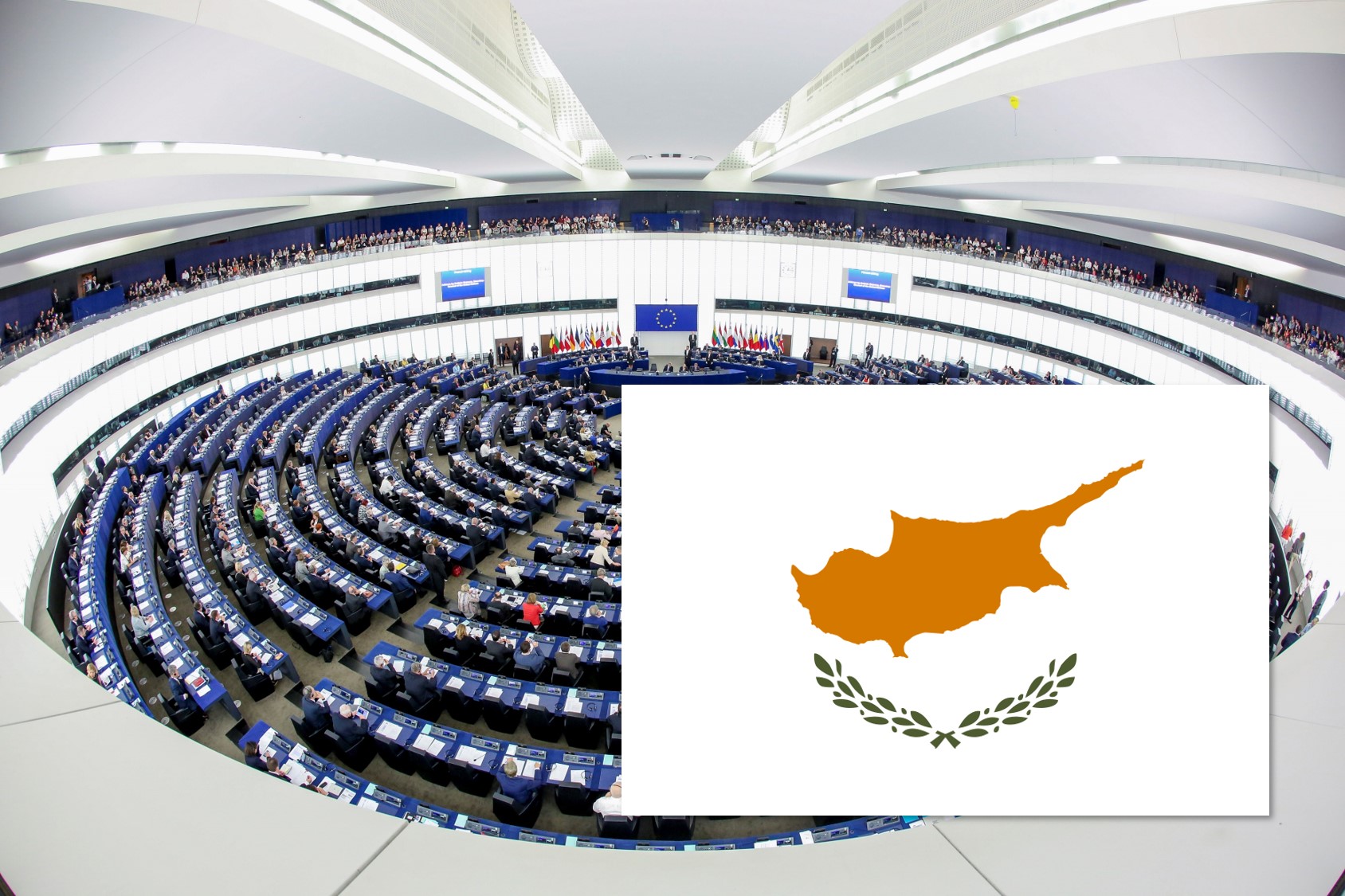
Cyprus: An Election of ‘Soft’ Phenomena – Apathy, Incumbent Punishment and Far-right Consolidation
Introduction The 2019 European election in the Republic of Cyprus came…
-
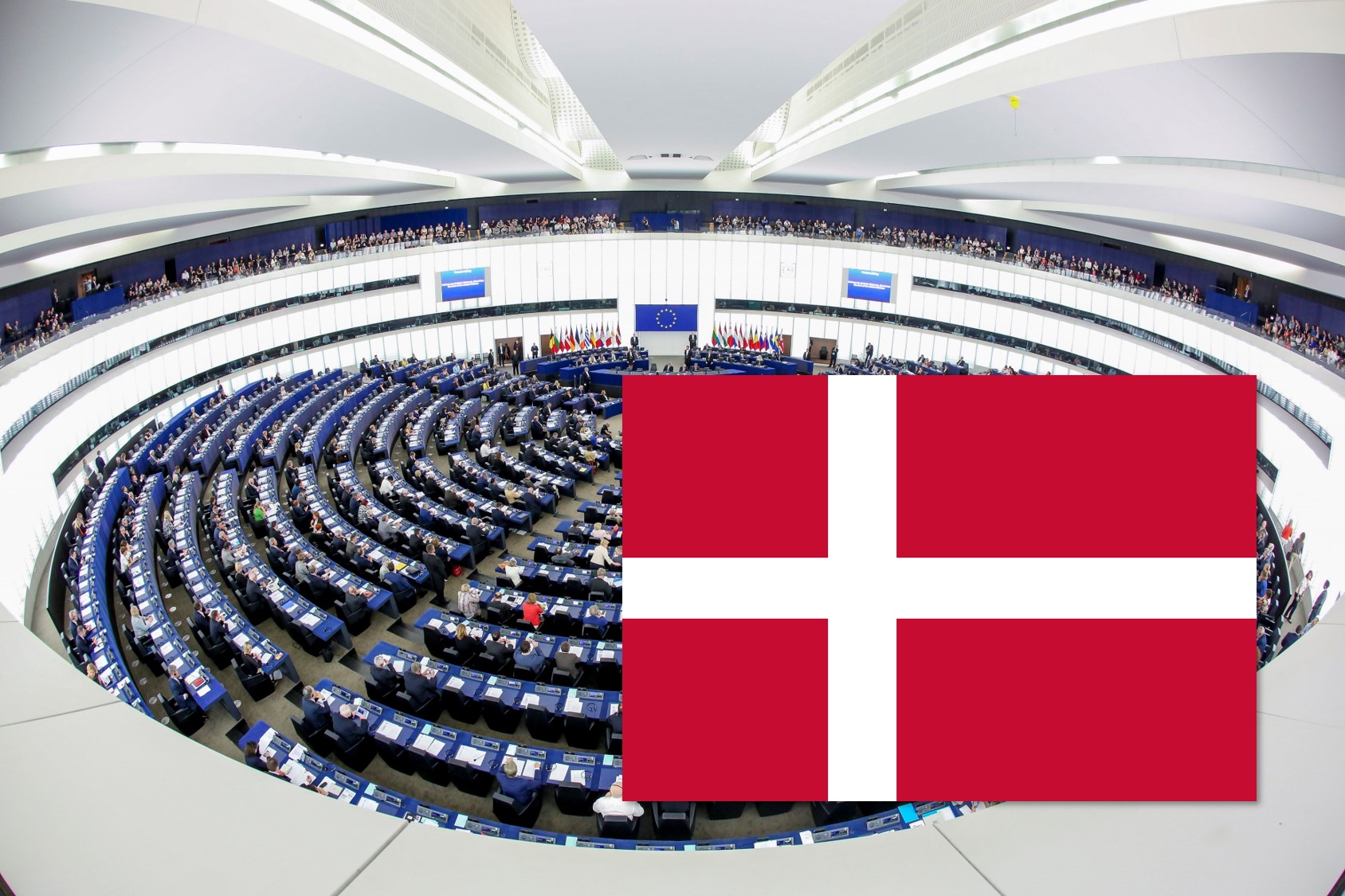
Denmark: The Surprising Success of Pro-European Mainstream Parties
Short summary National Parliament election was called in Denmark early May…
-
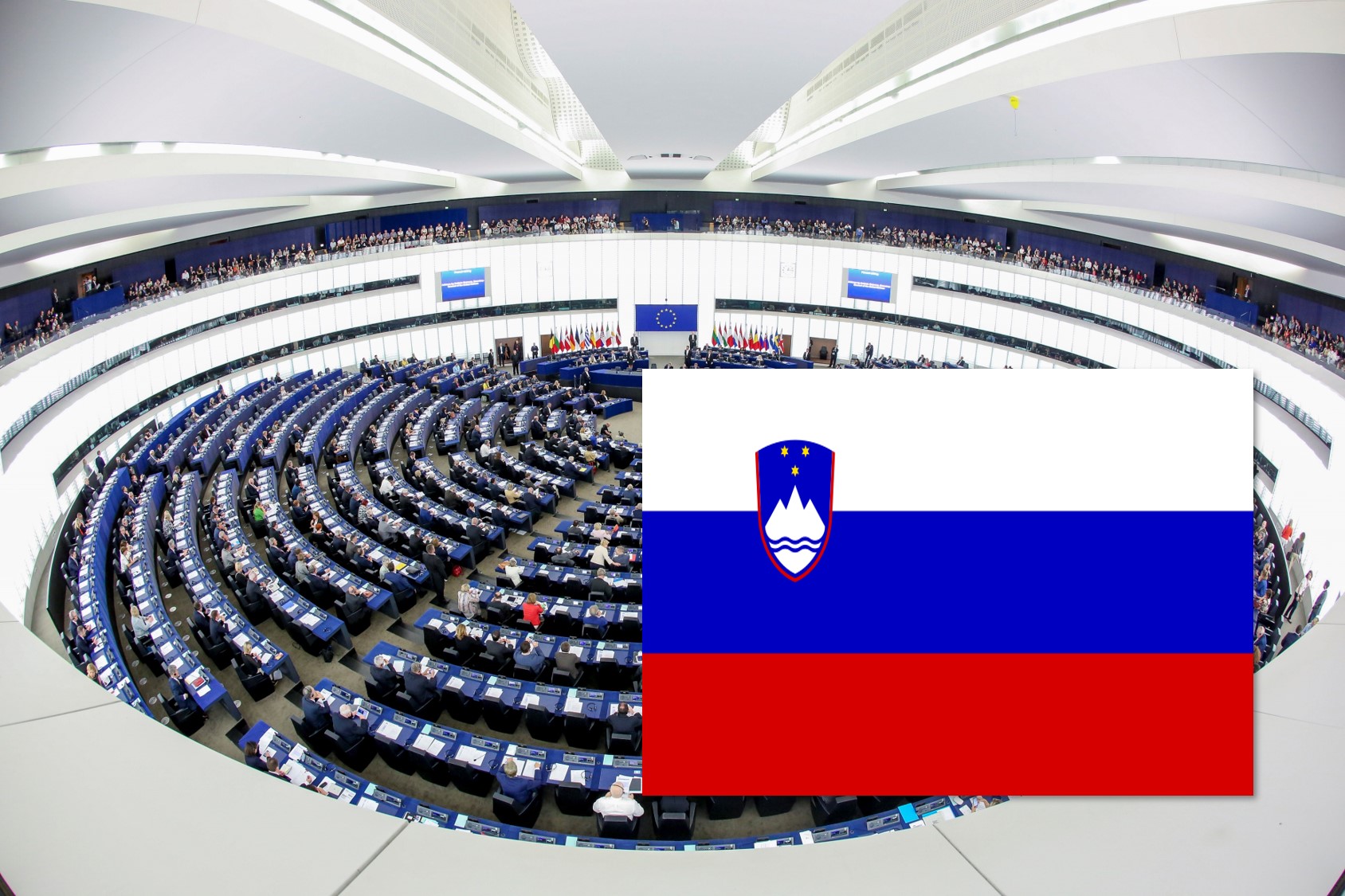
Slovenia: Split National Political Identities in EU Electoral Democracy
The election in Slovenia for eight European Parliament (EP) seats…